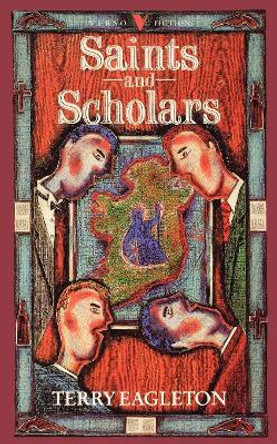Description
Written by an acknowledged master of comedy, this study reflects on the nature of humour and the functions it serves. Why do we laugh? What are we to make of the sheer variety of laughter, from braying and cackling to sniggering and chortling? Is humour subversive, or can it defuse dissent? Can we define wit?
Packed with illuminating ideas and a good many excellent jokes, the book critically examines various well-known theories of humour, including the idea that it springs from incongruity and the view that it reflects a mildly sadistic form of superiority to others. Drawing on a wide range of literary and philosophical sources, Terry Eagleton moves from Aristotle and Aquinas to Hobbes, Freud, and Bakhtin, looking in particular at the psychoanalytical mechanisms underlying humour and its social and political evolution over the centuries.
About the Author
Terry Eagleton is distinguished visiting professor of English literature, University of Lancaster, and the author of more than fifty books in the fields of literary theory, postmodernism, politics, ideology, and religion.
Book Information
ISBN 9780300255027
Author Terry Eagleton
Format Paperback
Page Count 192
Imprint Yale University Press
Publisher Yale University Press










